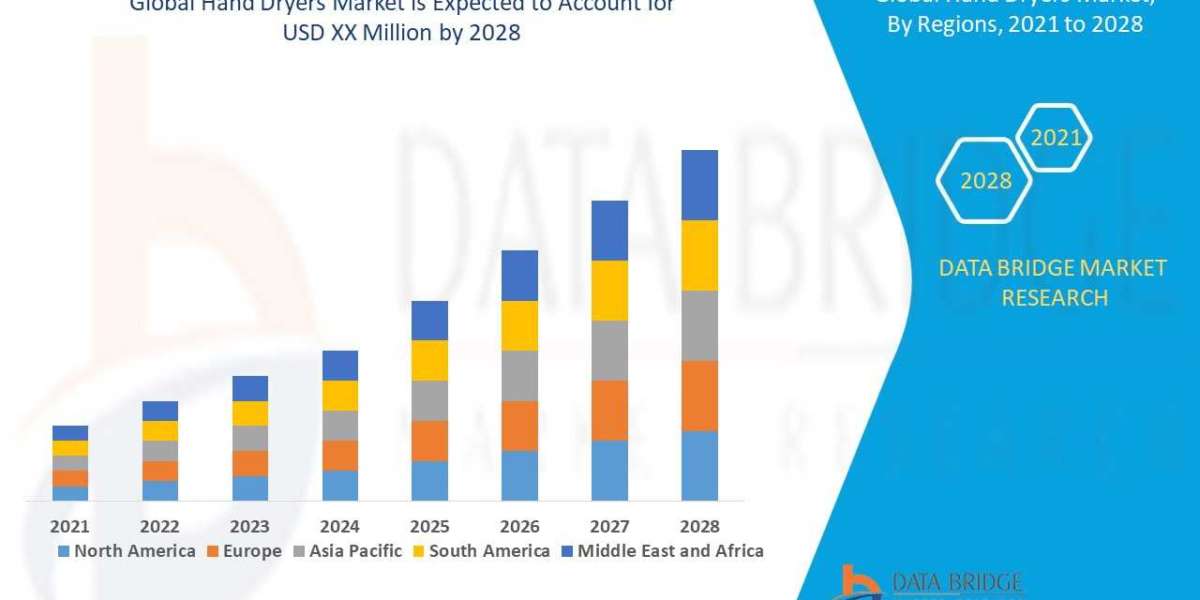What Is Phone Number Tracking?
Phone number tracker refers to the process of determining the physical location of a mobile device by using its associated phone number. This is typically achieved through a combination of GPS, cell tower triangulation, Wi-Fi networks, and other geolocation technologies. The term "phone number tracker" can refer to both applications and services designed to trace or monitor mobile phones.
How Does Phone Number Tracking Work?
The underlying technology that powers phone number tracking is based on a few key methods:
- GPS (Global Positioning System): Most smartphones come equipped with built-in GPS technology, which provides accurate location data. When enabled, GPS allows the phone's position to be tracked within a few meters. Apps like Find My iPhone (for Apple devices) or Find My Device (for Android phones) rely on GPS to help locate a lost or stolen phone.
- Cell Tower Triangulation: When GPS is unavailable (such as when indoors or in remote areas), cell towers can be used to estimate a phone's location. By triangulating the phone's signal strength across multiple towers, it's possible to calculate the approximate location of the device.
- Wi-Fi Positioning: Wi-Fi networks can also help pinpoint a phone's location. By analyzing the proximity to known Wi-Fi routers and their unique identifiers (SSID), phone number tracking apps can estimate the phone’s location with a fairly high degree of accuracy.
- Bluetooth and Other Sensors: In some cases, Bluetooth signals and other environmental sensors can also contribute to location tracking. Some tracking apps may use Bluetooth-based "beacons" in specific locations to offer real-time location updates.
- IP Address Tracking: In cases where the phone is connected to the internet but GPS is turned off, IP addresses can be used to get a general sense of the phone's location. While not as accurate as GPS or cell tower triangulation, this method can still provide a rough estimate of a phone’s whereabouts.
Uses of Phone Number Tracking
There are several scenarios where phone number tracking may be useful:
- Locating Lost or Stolen Phones: One of the most common uses of phone number tracking is to recover lost or stolen phones. Services like Find My iPhone or Google's Find My Device allow users to track their device in real time, lock it remotely, and even erase sensitive data to prevent unauthorized access.
- Family and Friend Location Sharing: Tracking apps are frequently used for personal reasons, such as ensuring the safety of children or elderly family members. Many apps allow users to share their real-time location with trusted individuals for peace of mind.
- Business Use: In business settings, tracking phones is often used for fleet management or employee monitoring. Companies that issue mobile devices to employees may use tracking software to ensure that devices are being used appropriately and to track the whereabouts of mobile workers in the field.
- Safety and Emergency Situations: Emergency responders can use phone tracking to locate individuals in distress. Many modern emergency services are equipped to track the location of calls made to 911 or emergency numbers, providing faster response times.
- Security and Anti-Theft: Anti-theft apps and services use phone tracking to help recover stolen devices. Some services offer additional features like remotely taking photos or videos to capture evidence.
Ethical and Legal Considerations
While phone number tracking has legitimate uses, it also raises serious privacy concerns. Unauthorized tracking of someone’s phone without their consent is illegal in many jurisdictions and can be considered an invasion of privacy. In some cases, phone tracking can lead to stalking, harassment, or abuse. As a result, both legal and ethical boundaries must be respected when using these technologies.
- Consent: The most critical factor in ethical phone number tracking is obtaining consent. Tracking someone without their knowledge or approval is a violation of their privacy. Most apps designed for phone tracking require explicit permission from the user to share their location with others.
- Legal Framework: In most countries, there are strict regulations around phone number tracking, especially for private citizens. Law enforcement agencies may be able to track phones for investigative purposes with a warrant, but unauthorized tracking by individuals or private companies is often illegal.
- Data Security: The collection and storage of location data comes with significant security risks. If sensitive data is not protected, it can be accessed or stolen by malicious actors. Users should always be cautious about which apps and services they trust with their location data.
- Misuse of Technology: Tracking technologies, if used irresponsibly, can lead to serious consequences. For example, if an individual’s location is shared without their consent, it could put them in danger, especially in cases of domestic abuse or stalking.
Conclusion
Phone number tracker is a powerful tool that can serve many purposes, from recovering lost devices to enhancing personal safety. However, the technology also raises significant concerns about privacy, consent, and misuse. Whether you are considering using a phone tracker for personal or professional reasons, it is crucial to understand both the capabilities and the legal boundaries of the technology. Always prioritize transparency, consent, and data security to ensure that phone tracking is used ethically and responsibly.
As technology continues to evolve, the debate surrounding privacy, security, and surveillance will likely intensify, making it more important than ever to balance convenience with respect for individual rights.














